Julie Judson, a longtime admirer of Shelter Music Boston, is the events and communications manager at the GreenLight Fund, a company that invests in causes that help transform the lives of children and families in need. She is committed to the local art scene and recently has her first volunteer experience with us at SMB’s concert at the Pine Street Women’s Inn. After the concert, Julie emailed us with her reaction to witnessing SMB’s work in homeless shelters first-hand - her message is too beautiful not to share and we didn’t change a word! We’re so grateful for her time as a volunteer and this incredible testimonial. If Julie’s message inspires you to volunteer, please email [email protected].
I have to tell you that finally getting to see SMB in action at a concert last night was truly one of the most moving things I've experienced in recent memory. I expected the music to be beautiful, of course (I had seen Julie and a few other musicians perform at an SMB event a few years back, but it wasn't located at a shelter). But watching them play at the shelter, and observing the women at the shelter experience the music was another thing entirely.
First, I want to mention that the generosity of spirit of Julie and the two other performers was really wonderful, and more than I expected. Not only were they eager to perform the best concert possible for the women, but it was clear that they wanted to interact with the concert attendees. They encouraged questions and conversation in between pieces (which were also carefully considered and well-placed). They wanted the women to learn something about the pieces and respond in whichever way was best for them. So many people talked about feeling relaxed, or shared positive memories of learning an instrument when they were young. Other women talked about the tone and feeling of each piece and asked questions about what the composer might have been going through at the time. No matter the feedback, the musicians responded with graciousness and open hearts, and a willingness to engage in a dialogue. It was really beautiful.
Something that I always tend to notice is body language, and what was so striking about many of the audience members last night was how their bodies changed as they listened to the music. Although there were constant interruptions and traffic in and out of the lobby (which the musicians also handled with a lot of grace and patience), most of the audience members regarded the musicians with rapt attention. They were often leaning in their seats, watching them very closely, reacting with delight when the viola player plucked strings in a funky, unexpected way, or smiling widely. Everyone seemed to settle into their seats with comfort. Many women thanked me and the other musicians very sincerely for coming.
As you know, in the non-profit industry we talk a lot about measuring impact, and in my organization, we talk a lot about scalable solutions to systemic problems. I've been part of a lot of organizations as a staff member and as a volunteer that have left the term "impact" with a lot to be desired, and in general "scalable solutions" are always tricky, because people are nuanced, communities and neighborhoods are nuanced, and you can't always package a solution with a bow and hope it works. Last night, I was struck by the realization that what SMB does for people is immediate impact in action. There are no frills, no flourishes and no overtures about the work that y'all do. There's no need to reach for data points or ways to phrase your mission in a way that funders will respond to. Y'all get right down to the fundamentals, and you make an impact, and you make it with the universal language of music. It took me 10 minutes to see it for myself.
Seeing SMB in action last night was an incredibly emotional experience for me. It did more than compel me to give money (though I know that always helps) or volunteer more often - it made me believe in something, in an organization's ability to affect change. In this over-saturated philanthropic climate, it is so easy to feel like organizations are doing whatever they can to frame their work in a certain way and to jockey for the same dollars. Maybe that's how it feels to you and your team sometimes, and I totally get that. But I just wanted you to know that all it takes is one night watching a concert to see that what SMB does is vital for a population of people who have basic human needs that aren't being met, that are critical for their survival. Not only is SMB providing a service that is good for the soul, but you're doing it with dignity and grace too. In Judaism, there is a word for it: "mitzvah" or good deed, with no other agenda or hope for something in return. What y'all do each time you visit a shelter is truly a mitzvah.
Anyway, thank you so much for letting me be part of last night's concert. I hope that you'll let me know of future volunteer opportunities and other ways to get involved. I always thought it sounded wonderful before, but now I'm a believer.
I have to tell you that finally getting to see SMB in action at a concert last night was truly one of the most moving things I've experienced in recent memory. I expected the music to be beautiful, of course (I had seen Julie and a few other musicians perform at an SMB event a few years back, but it wasn't located at a shelter). But watching them play at the shelter, and observing the women at the shelter experience the music was another thing entirely.
First, I want to mention that the generosity of spirit of Julie and the two other performers was really wonderful, and more than I expected. Not only were they eager to perform the best concert possible for the women, but it was clear that they wanted to interact with the concert attendees. They encouraged questions and conversation in between pieces (which were also carefully considered and well-placed). They wanted the women to learn something about the pieces and respond in whichever way was best for them. So many people talked about feeling relaxed, or shared positive memories of learning an instrument when they were young. Other women talked about the tone and feeling of each piece and asked questions about what the composer might have been going through at the time. No matter the feedback, the musicians responded with graciousness and open hearts, and a willingness to engage in a dialogue. It was really beautiful.
Something that I always tend to notice is body language, and what was so striking about many of the audience members last night was how their bodies changed as they listened to the music. Although there were constant interruptions and traffic in and out of the lobby (which the musicians also handled with a lot of grace and patience), most of the audience members regarded the musicians with rapt attention. They were often leaning in their seats, watching them very closely, reacting with delight when the viola player plucked strings in a funky, unexpected way, or smiling widely. Everyone seemed to settle into their seats with comfort. Many women thanked me and the other musicians very sincerely for coming.
As you know, in the non-profit industry we talk a lot about measuring impact, and in my organization, we talk a lot about scalable solutions to systemic problems. I've been part of a lot of organizations as a staff member and as a volunteer that have left the term "impact" with a lot to be desired, and in general "scalable solutions" are always tricky, because people are nuanced, communities and neighborhoods are nuanced, and you can't always package a solution with a bow and hope it works. Last night, I was struck by the realization that what SMB does for people is immediate impact in action. There are no frills, no flourishes and no overtures about the work that y'all do. There's no need to reach for data points or ways to phrase your mission in a way that funders will respond to. Y'all get right down to the fundamentals, and you make an impact, and you make it with the universal language of music. It took me 10 minutes to see it for myself.
Seeing SMB in action last night was an incredibly emotional experience for me. It did more than compel me to give money (though I know that always helps) or volunteer more often - it made me believe in something, in an organization's ability to affect change. In this over-saturated philanthropic climate, it is so easy to feel like organizations are doing whatever they can to frame their work in a certain way and to jockey for the same dollars. Maybe that's how it feels to you and your team sometimes, and I totally get that. But I just wanted you to know that all it takes is one night watching a concert to see that what SMB does is vital for a population of people who have basic human needs that aren't being met, that are critical for their survival. Not only is SMB providing a service that is good for the soul, but you're doing it with dignity and grace too. In Judaism, there is a word for it: "mitzvah" or good deed, with no other agenda or hope for something in return. What y'all do each time you visit a shelter is truly a mitzvah.
Anyway, thank you so much for letting me be part of last night's concert. I hope that you'll let me know of future volunteer opportunities and other ways to get involved. I always thought it sounded wonderful before, but now I'm a believer.

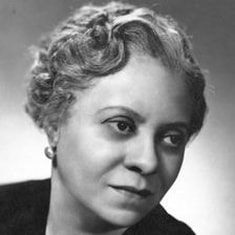
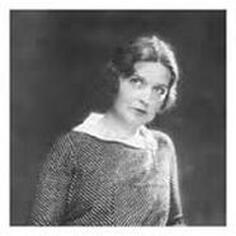
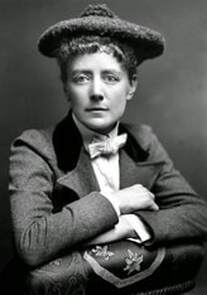
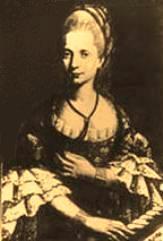
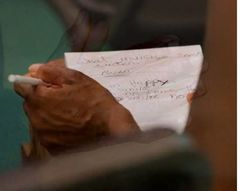
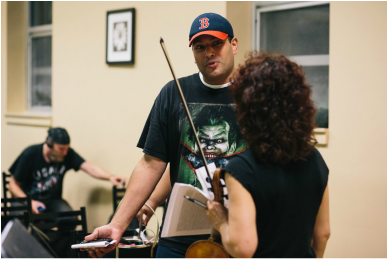
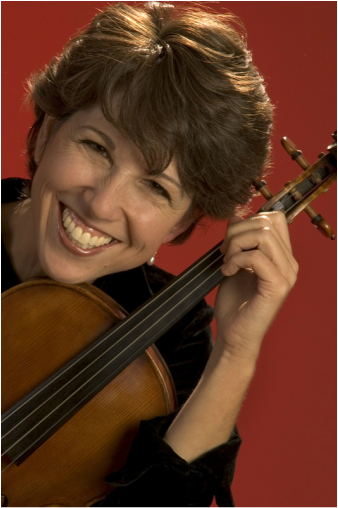
 RSS Feed
RSS Feed











